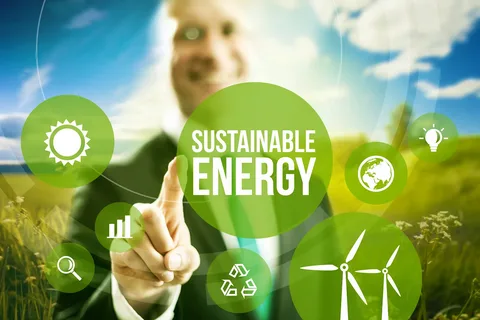Introduction
The global food supply chain faces numerous challenges, from transparency and traceability issues to environmental and ethical concerns. Enter blockchain technology—a revolutionary force transforming the way we approach sustainability in food supply chains. In this article, we explore the power of blockchain in creating transparent, traceable, and sustainable food supply chains.
The Current Challenges in Food Supply Chains
1. Lack of Transparency
a. Complex Supply Chain Networks:
The intricate web of suppliers, distributors, and retailers in food supply chains often results in a lack of transparency. Consumers are often unaware of the journey their food takes from farm to table.
b. Difficulty in Tracing Origins:
Identifying the origin of food products can be challenging. In cases of contamination or ethical concerns, the lack of a transparent system makes it difficult to trace the source of issues.
2. Ethical and Environmental Concerns
a. Unethical Practices:
Issues such as child labor, unfair wages, and poor working conditions are prevalent in some parts of the food industry. Ensuring ethical practices throughout the supply chain is a significant challenge.
b. Environmental Impact:
The environmental footprint of food production and distribution, including factors like deforestation and excessive use of resources, is a growing concern in the quest for sustainability.
The Role of Blockchain in Addressing Challenges
1. Transparent and Traceable Supply Chains
a. Immutable Record-Keeping:
Blockchain provides an immutable ledger where every transaction or movement in the supply chain is recorded. This transparency ensures that every participant has access to a reliable and unalterable record of the product’s journey.
b. Traceability from Farm to Table:
Blockchain enables real-time traceability, allowing consumers to track the entire journey of their food. From the farm where it was grown to the hands that harvested it, consumers can access detailed information about the origins of their food.
2. Smart Contracts for Ethical Practices
a. Enforcing Ethical Standards:
Smart contracts, self-executing agreements on the blockchain, can be programmed to enforce ethical standards. This includes fair labor practices, ensuring that everyone involved in the supply chain is treated ethically and compensated fairly.
b. Sustainability Criteria in Smart Contracts:
Blockchain-based smart contracts can include sustainability criteria. For example, they can ensure that agricultural practices adhere to environmental conservation standards, promoting sustainable farming methods.
3. Supply Chain Efficiency and Reduction of Waste
a. Streamlining Processes:
Blockchain’s ability to streamline processes by eliminating intermediaries and reducing paperwork enhances the overall efficiency of the supply chain. This, in turn, contributes to a reduction in waste and resource consumption.
b. Real-Time Data for Decision-Making:
Access to real-time data through blockchain enables more informed decision-making. Farmers, distributors, and retailers can optimize their operations based on accurate and up-to-date information, reducing inefficiencies and waste.
Implementing Blockchain in Food Supply Chains
1. Collaborative Initiatives
a. Industry-Wide Collaboration:
The implementation of blockchain in food supply chains requires collaboration across the industry. Stakeholders, including farmers, producers, distributors, retailers, and consumers, must work together to establish standardized blockchain protocols.
b. Interoperability Between Systems:
Ensuring interoperability between different blockchain systems is crucial for seamless integration. This allows for a unified and standardized approach to transparency and traceability.
2. Education and Adoption
a. Raising Awareness:
Education about the benefits of blockchain is essential for widespread adoption. Stakeholders need to understand how blockchain can address existing challenges and contribute to the overall sustainability of food supply chains.
b. Pilot Programs and Demonstrations:
Pilot programs and demonstrations can showcase the practical applications of blockchain in specific supply chain segments. These initiatives help build trust and confidence among participants in the broader adoption of blockchain technology.
Future Outlook and Continued Innovation
1. Integration with Emerging Technologies
a. Internet of Things (IoT) Integration:
Combining blockchain with IoT devices further enhances traceability. Sensors and devices in the supply chain can directly input data onto the blockchain, ensuring a more granular and accurate record.
b. Artificial Intelligence for Predictive Analysis:
Integrating AI with blockchain enables predictive analysis. This can help anticipate potential issues in the supply chain, allowing for proactive measures to ensure sustainability and ethical practices.
Conclusion
Blockchain technology stands as a beacon of hope for transforming food supply chains into transparent, traceable, and sustainable ecosystems. By addressing challenges related to transparency, ethical practices, and environmental impact, blockchain paves the way for a more conscientious and responsible food industry. As stakeholders across the supply chain embrace the power of blockchain, we embark on a journey toward a future where every plate tells a story—a story of sustainable practices, ethical choices, and a global commitment to nourishing both people and the planet. The integration of blockchain in food supply chains is not just a technological advancement; it is a transformative force shaping the future of sustainable and ethical food production.
